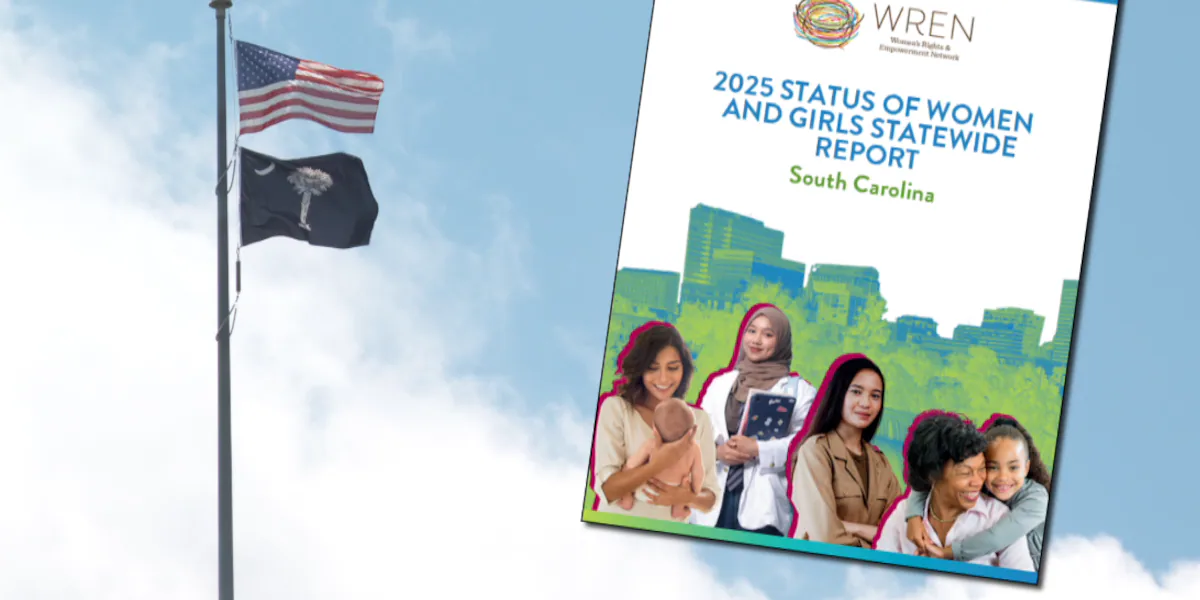Copyright Live 5 News WCSC

COLUMBIA, S.C. (WCSC) - A new report shines a light on the challenges girls and women face across South Carolina. The organization behind it said that while some of its findings might be difficult to comprehend, it also provides a roadmap for how the state can improve for all its people. The “Status of Women and Girls in South Carolina” report from the Women’s Rights and Empowerment Network, or WREN, is a first of its kind in the state, and the group believes it can help drive policy efforts at the State House next year and beyond. “We feel like there hasn’t really been a central, data-driven source that captures both statewide and county-level realities for South Carolina women, so we’re hoping this research helps fill that gap,” WREN Communications and Marketing Manager Tori Nardone said. The report took several months to compile and focuses on areas like access to healthcare, food insecurity, economic opportunity, and childcare. It found that women in South Carolina are facing challenges ranging from unequal pay at work, difficulty finding affordable childcare, and gaps in healthcare access. “One in three households in South Carolina can’t afford basic needs, like childcare and housing and food. Maternal and infant health very much needs our attention. It’s probably not new news that South Carolina has one of the highest mortality rates in the country, and Black women here are nearly four times more likely to die from pregnancy-related causes,” Nardone said. In addition to state-level figures, it also presents specific data for all 46 counties, a compilation of information that, according to WREN, has not been presented like this until now. “I think that we need to look at not only how can this report inform policy but also help us get real, quantifiable action plans on how we’re going to make sure we’re getting better,” Sen. Tameika Isaac Devine, D – Richland, said. Devine, who is one of two women serving in the 46-member state Senate, said the report’s findings on South Carolina’s poor maternal health outcomes underscore what she calls a crisis in the state. “Look at how we can expand benefits postpartum to make sure women are getting the treatment postpartum. When we’re looking at access to healthcare, particularly, we know that we always talk about how we have OBGYN deserts in our state, so how can we look at expanding telehealth or incentivizing OBGYNs to go into our rural areas?” Devine said. As to what specific policy efforts WREN plans to support based on this report, the organization said it first wants to hear from South Carolinians, so its staff plan to travel across the state to do that as they develop their priorities for next year. Lawmakers will return to Columbia to begin a new legislative session in January. In addition to guiding policy pushes at the State House, WREN also said this report can help leaders in individual communities focus their local efforts as well.



